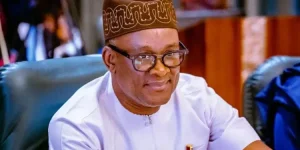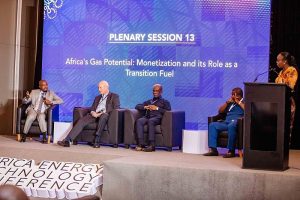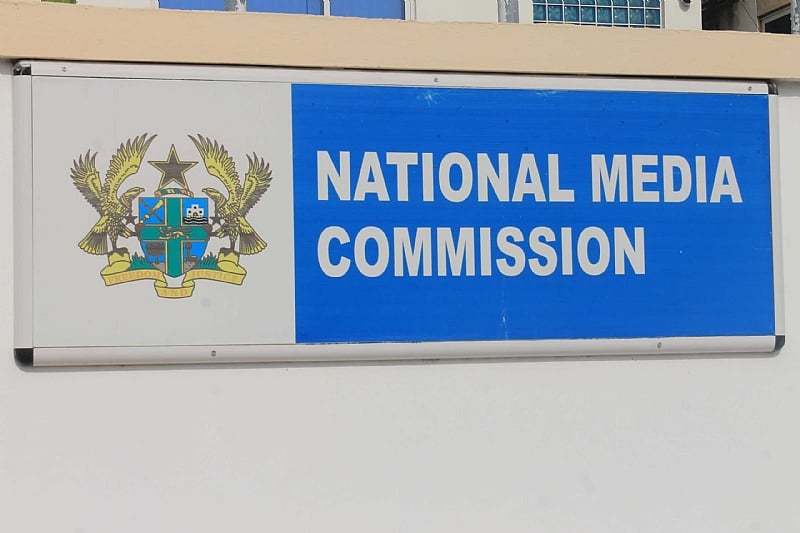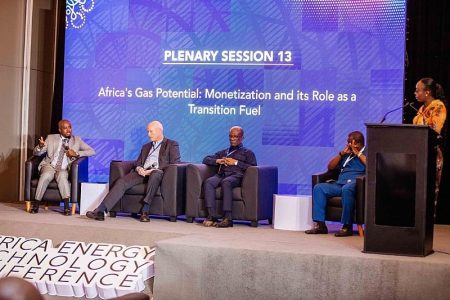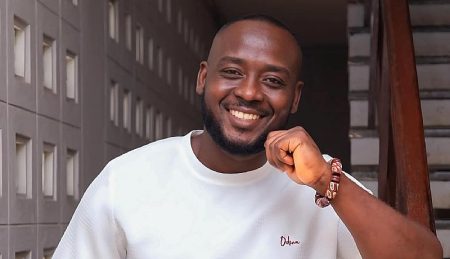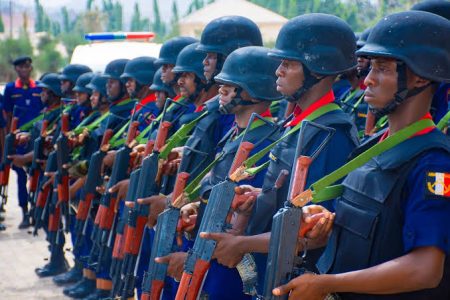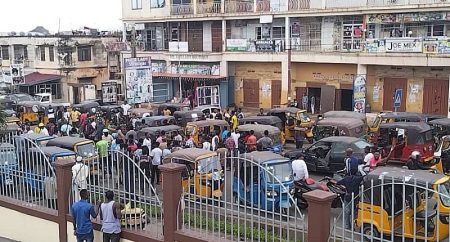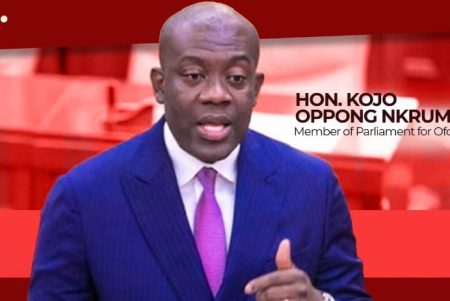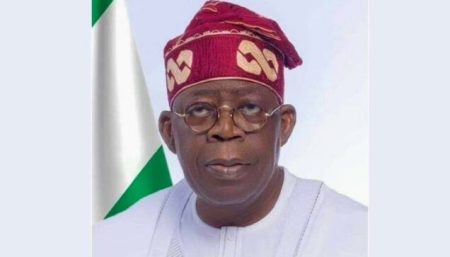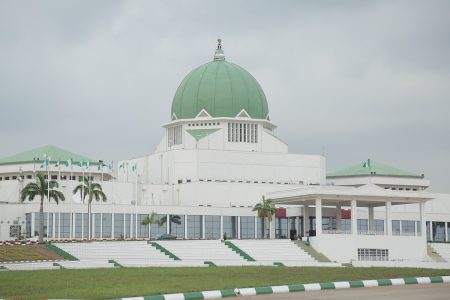The National Media Commission (NMC) of Ghana embarked on a new chapter in its history with the swearing-in of its newly appointed members. Justice Noble Jerome Nkrumah of the Court of Appeal presided over the ceremony at the Supreme Court in Accra, formally inducting the 18 individuals who will steer the Commission for the next three years. This event carries particular significance with the election of Professor Akua Biritwum as Chairperson, a historic first for the NMC since its establishment in 1993. Prof. Biritwum, one of two presidential nominees, brings her extensive experience to the leadership role, representing a landmark achievement for women in Ghanaian media governance. Her appointment, alongside that of Richard Mawuli Quashigah as the second presidential nominee, underscores the government’s commitment to ensuring robust and balanced representation within the Commission.
The composition of the NMC reflects a broad spectrum of interests and expertise within Ghana’s media landscape. This diversity is crucial for the Commission’s mandate to effectively regulate the media, promote press freedom, and uphold ethical standards. The membership includes representatives from key media organizations, civil society groups, and professional bodies. Cecil Sunkwa-Mills represents the Association of Private Broadcasters, a vital voice in the rapidly evolving broadcast sector. Hajj Muhammad Amir Kpakpo Addo represents the Federation of Muslim Councils and the Ahmadiyya Muslim Mission, ensuring that religious perspectives are incorporated into media discourse. The literary and academic communities are represented by Anthony Obeng Afrane from the Ghana Association of Writers and the Ghana Library Association, and Prof. Isaac Abeku Blankson from Institutions Training Journalists and Communicators, respectively.
The business and professional spheres of the media industry are also well-represented within the NMC. Ernest Owusu Addo brings his experience from the Publishers and Owners of the Private Press, a critical sector in maintaining a diverse and independent media. Esther Numaba Cobbah represents the Ghana Advertisers Association and the Institute of Public Relations, highlighting the importance of ethical advertising and public communication practices. Legal expertise is provided by Eva Okyere from the Ghana Bar Association, while Joseph Yao Hotor represents the Trades Union Congress, ensuring the interests of media workers are considered. The inclusion of Abena Annobea Asare from the National Council on Women and Development further emphasizes the commitment to gender balance and representation within the media space.
Religious representation on the NMC is broadened through the inclusion of Rev. Isaac Owusu from the Ghana National Association of Teachers and Rev. Ruby Amable, representing various Christian groups including the National Catholic Secretariat, Christian Council, and Pentecostal Council. These appointments reflect the significant role religion plays in Ghanaian society and its influence on media consumption and production. Political balance is maintained through the representation of both the majority and minority parties in Parliament. Mahama Shaibu and Philip Fiifi Buckman represent the majority, while Korkor Laurette Asante represents the minority, ensuring diverse political perspectives are considered in the Commission’s deliberations and decisions.
The NMC faces a complex landscape in the contemporary media environment. With the rise of digital platforms and the proliferation of information, the Commission’s role in regulating content, upholding journalistic standards, and navigating the challenges of misinformation and disinformation becomes even more crucial. The diverse expertise within the new NMC, coupled with Prof. Biritwum’s leadership, positions the Commission to address these evolving challenges effectively. Stakeholders across the media spectrum anticipate a new era of accountability and progress in media development under the Commission’s guidance.
The appointment of this new NMC comes at a pivotal time for Ghanaian media. The public expects the Commission to be a strong advocate for press freedom while ensuring responsible and ethical media practices. The diversity of the Commission members, representing a range of professional, religious, political, and social backgrounds, is expected to foster balanced and informed decision-making. The challenges ahead are substantial, but with a strong leadership team and a diverse and experienced membership, the NMC is poised to effectively navigate the complex landscape of the modern media environment and contribute significantly to the continued development of a free and responsible press in Ghana. The hope is that this new Commission will enhance public trust in the media and foster a more robust and independent media landscape that serves the interests of all Ghanaians.



